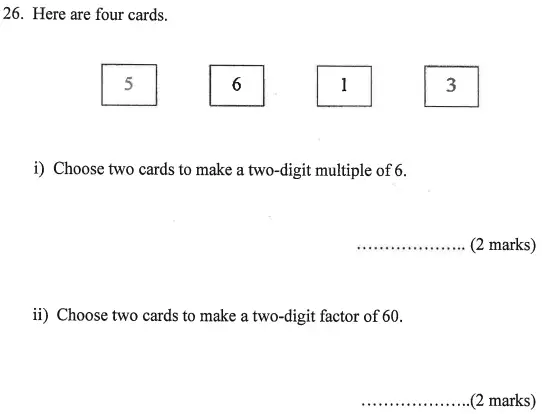
11+ Maths Solved Topic Wise Questions
25000+
Students
70% OFF
£69
Add to Basket
- Practice 15K+ topic-wise questions, tagged by difficulty.
- Unlock instantly, 2025 11+ exams, 230+ Maths Past Papers.
- Access detailed step-wise solutions by 11+ examiners on the website.
- Boost exam speed, accuracy, and confidence for 11 Plus exams.
- Suitable for Grammar and independent school 11+ exams.
- Get full 11+ Maths exam syllabus and download paper planner.
70% OFF
£69
Add to Basket
11+ Exam Topics
Multiples - 11 + Exam Questions & Answers
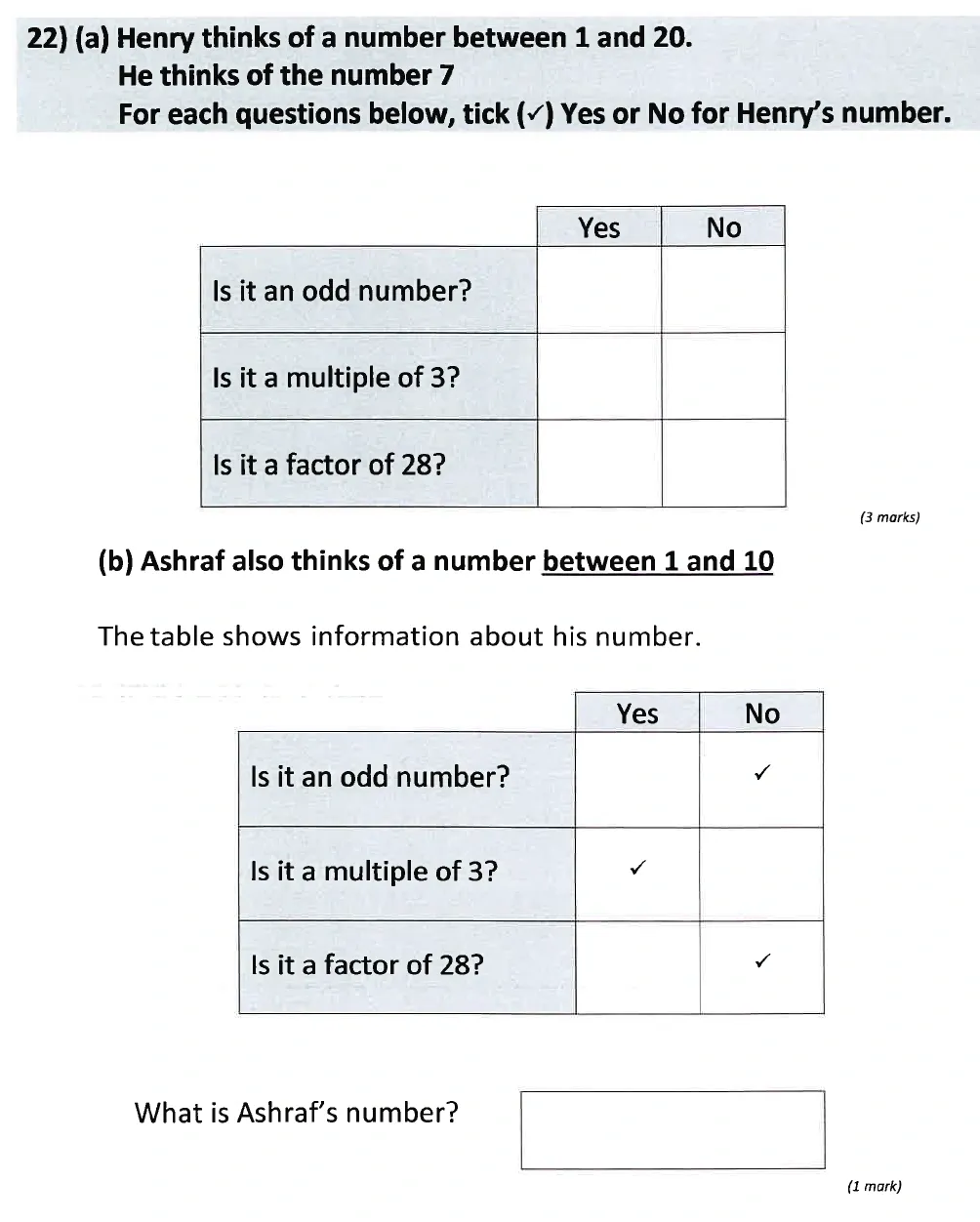
Topics Covered:
Topics Covered:
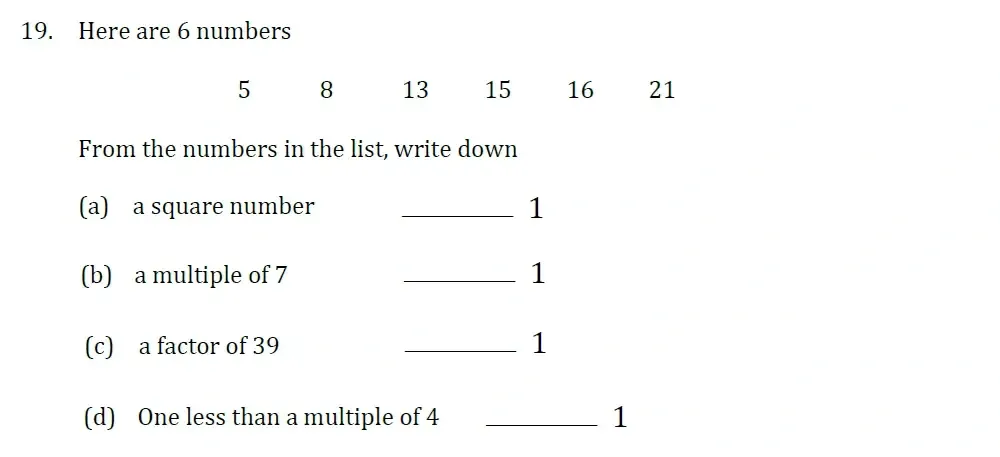
Topics Covered:
Topics Covered:
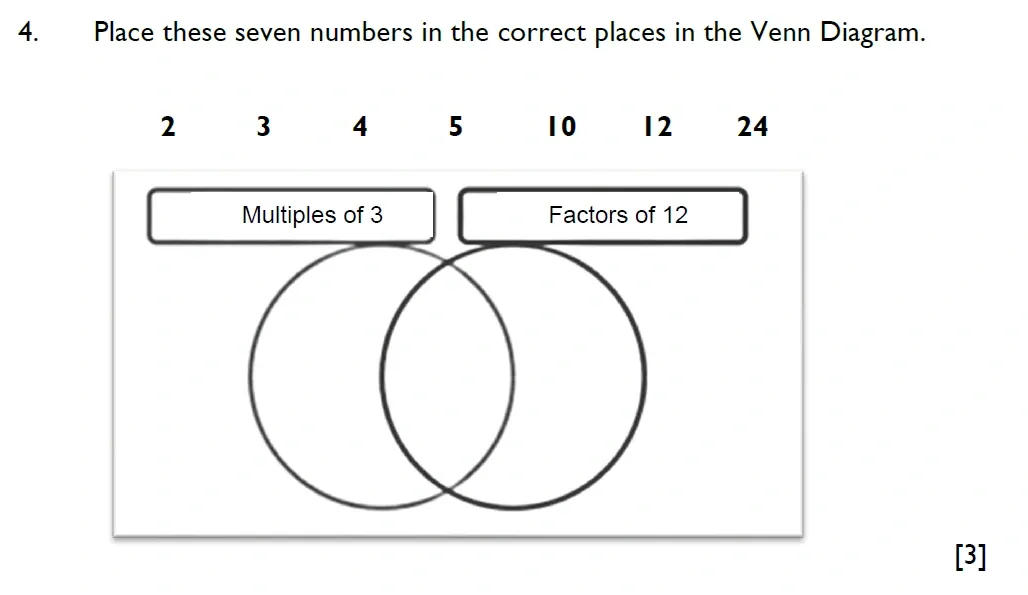
Topics Covered:
Topics Covered:
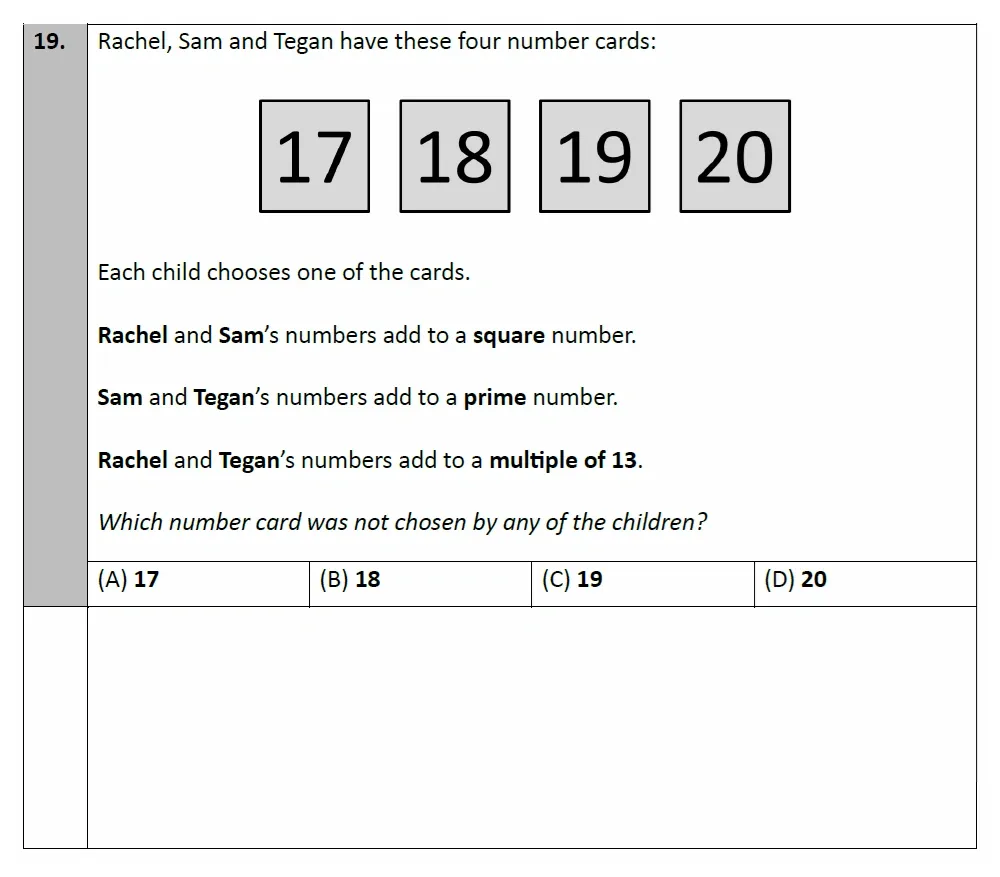
Topics Covered:
Topics Covered:
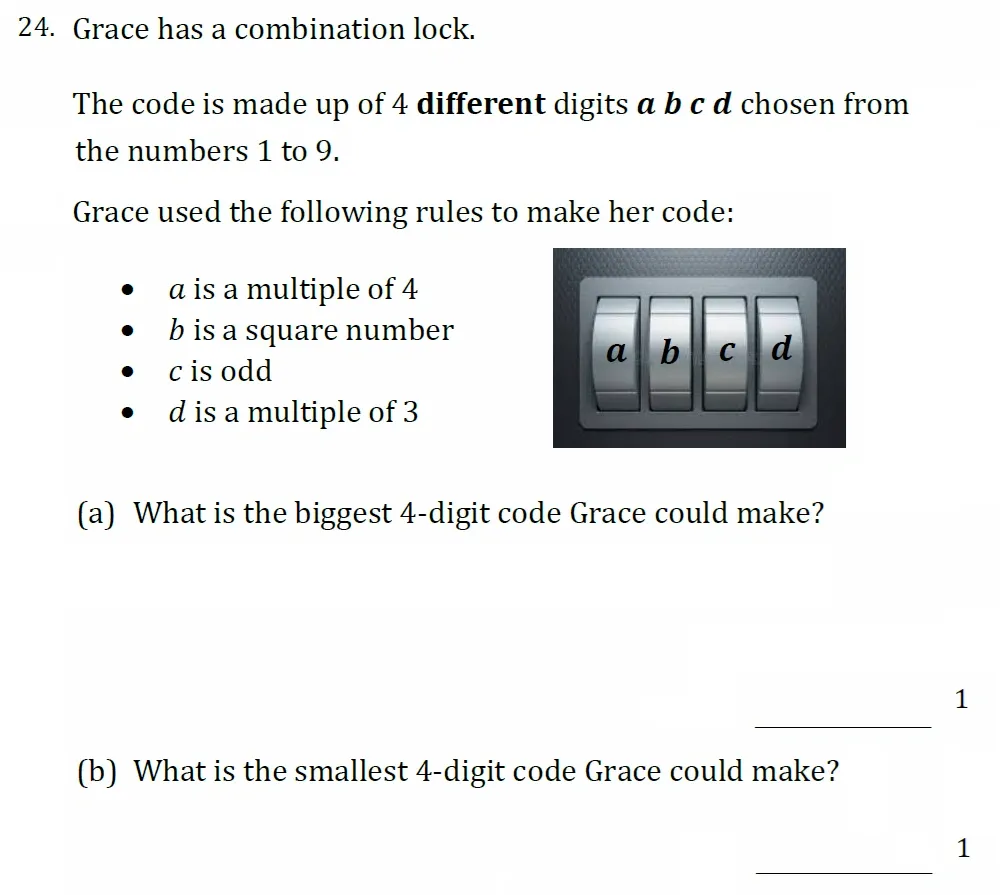
Topics Covered:
Topics Covered:
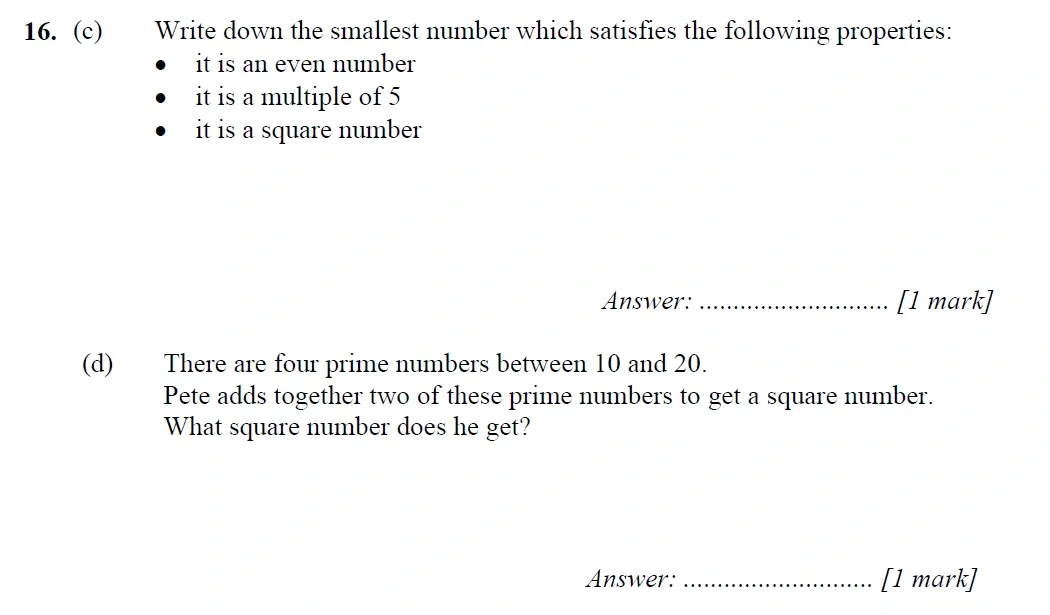
Topics Covered:
Topics Covered:
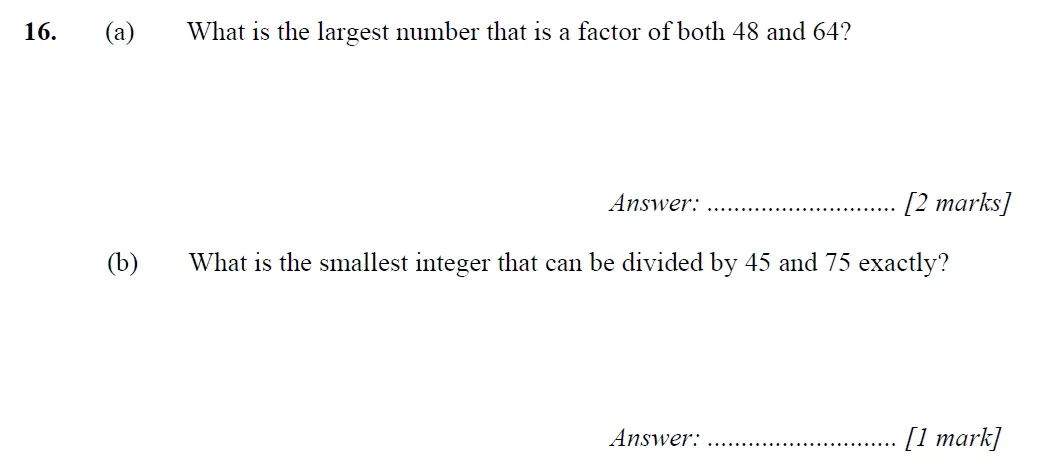
Topics Covered:
Topics Covered:
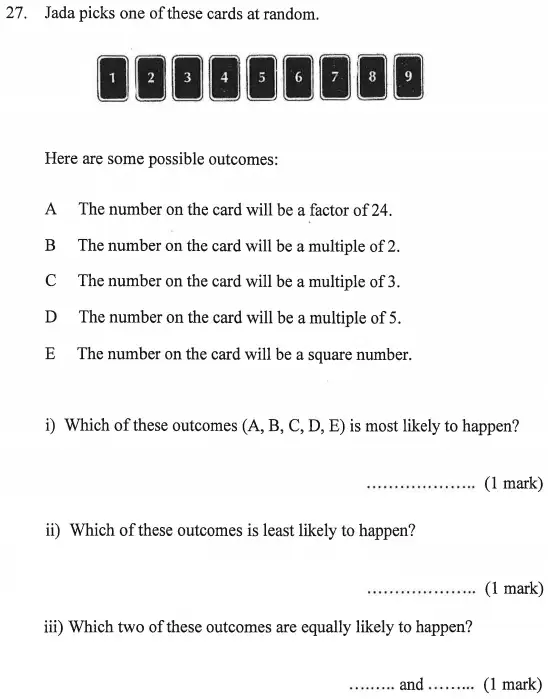
Topics Covered:
Topics Covered:
Multiples Explained for 11 Plus Maths Exam
11+ Maths Topicwise Worksheets Banks

Get This Worksheet
Frequently Asked Questions
Subscribe to Newsletter
WhatsApp Chat
Live Chat
More than 20,000 Registered Members!
PiAcademy is the #1 site on the internet to prepare for the 7+, 8+, 9+, 10+, 11+, 13+, Pre-Tests, GCSEs, and other competitive exams in the UK. Exam Past Papers, practice papers with detailed answers. Used by parents tutors & schools all over the UK.
Explore
Exam Papers
Members
Sitemap
Our Partners


Partner With Us
+44 (0) 7586 485671
© 2014 - 2025, PIACADEMY LTD - All Rights Reserved

